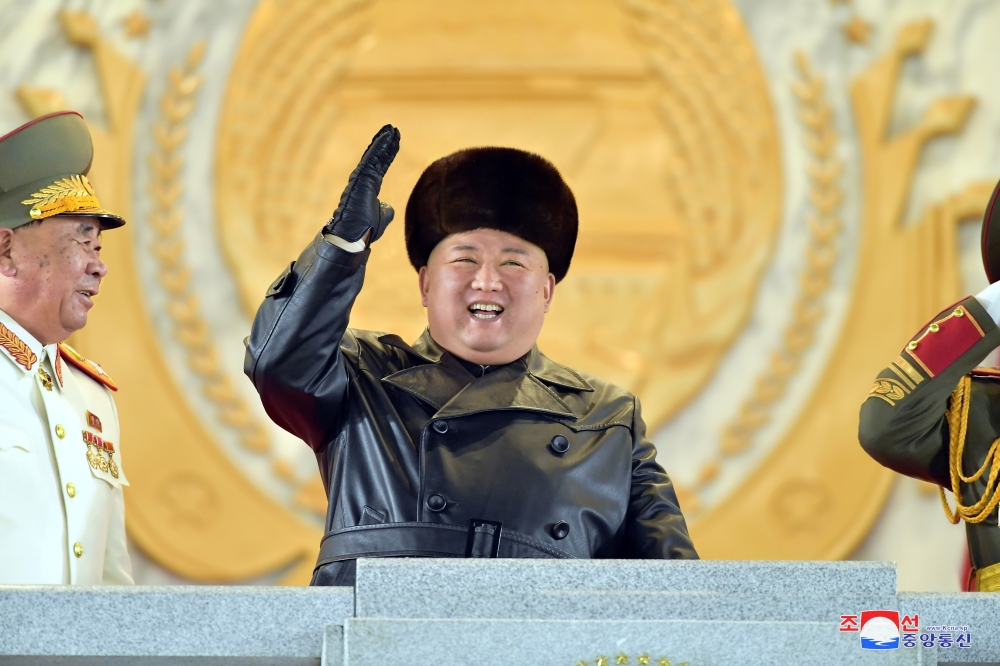PYONGYANG, May 21 — North Korea is reportedly finalising preparations for the official opening of the Wonsan seaside resort in Kangwon Province, one of leader Kim Jong-un’s flagship development projects.
According to US-based outlet 38 North, recent satellite images of the Wonsan-Kalma Coastal Tourist Zone showed beach furniture such as sunbeds placed in neat rows, indicating readiness for visitors.
“Work that had been taking place at several places around the resort appears to have finished, most visibly at the water park, where colourful furniture has been installed,” the outlet wrote, while noting that no event infrastructure such as temporary stages or propaganda boards were visible.
Meanwhile, The Korea Herald reported that Kim visited the site on December 29 last year and announced plans to launch the resort in full by June, following his inspection of hotel and recreational facilities.
Designated as a special tourism zone in 2014, the area was initially slated for completion by April 15, 2019, but progress was delayed due to sanctions and Covid-19-related border closures, according to the report..
North Korea is also reportedly promoting Wonsan — believed by some to be Kim’s birthplace — as a key tourism hub, with historical links to Japan-Korea repatriation efforts and Kim’s mother Ko Yong-hui, who was reportedly called “the woman from Wonsan”.
“Foreign tourists are expressing surprise at how the huge coastal tourist area… is becoming more luxurious by the day,” Jang Hyun-il of the Korea International Travel Company was quoted as saying in the Cabinet newspaper, as part of ongoing efforts to attract overseas visitors.
Tourism infrastructure is also reportedly being developed in Samjiyon, near Mount Paektu.
“This is a strategy to exploit loopholes in sanctions for foreign currency earning, but ultimately, the problem lies in attracting tourists,” Jung Yoo-suk, a research fellow at South Korea’s Korea Institute for National Unification, told The Korea Herald.


